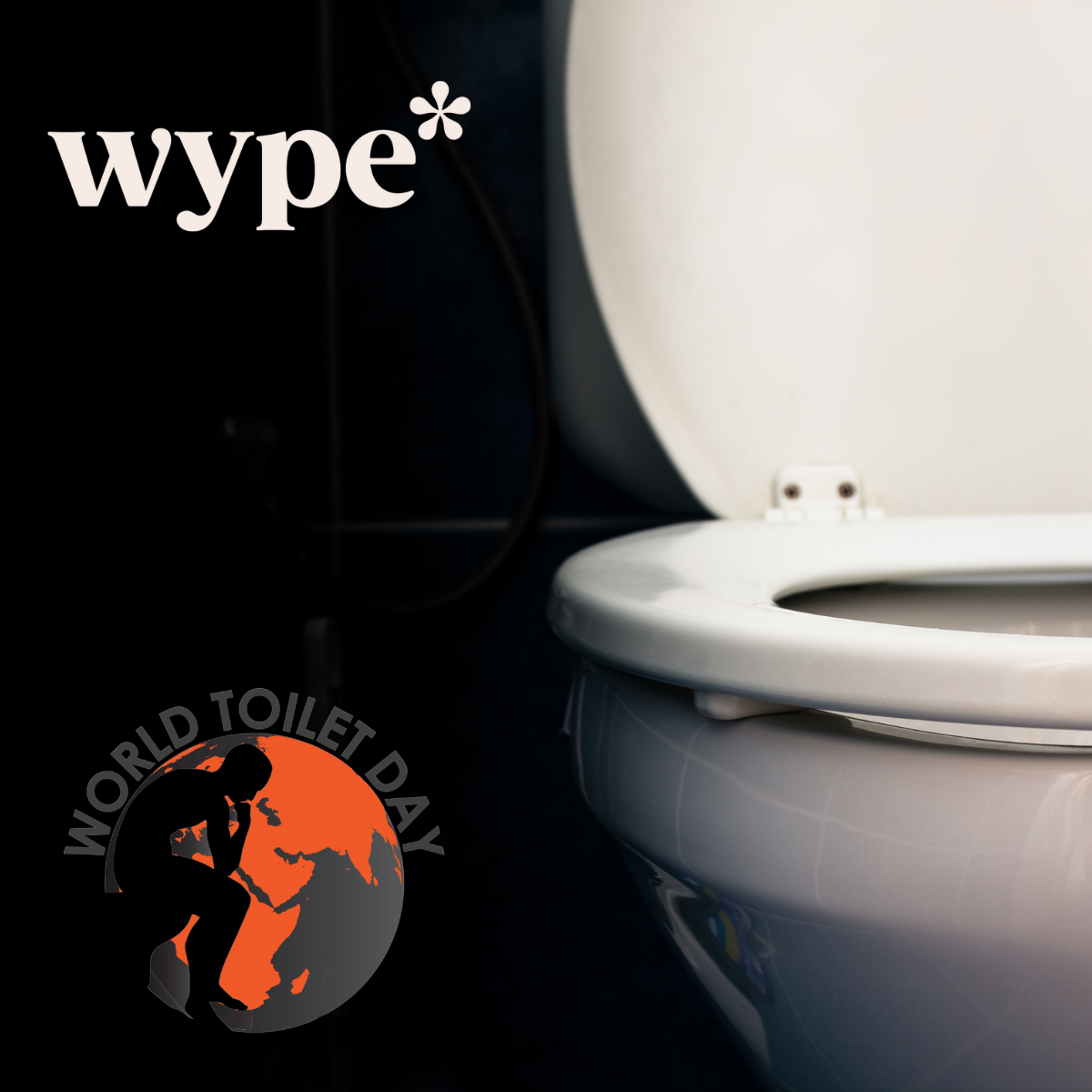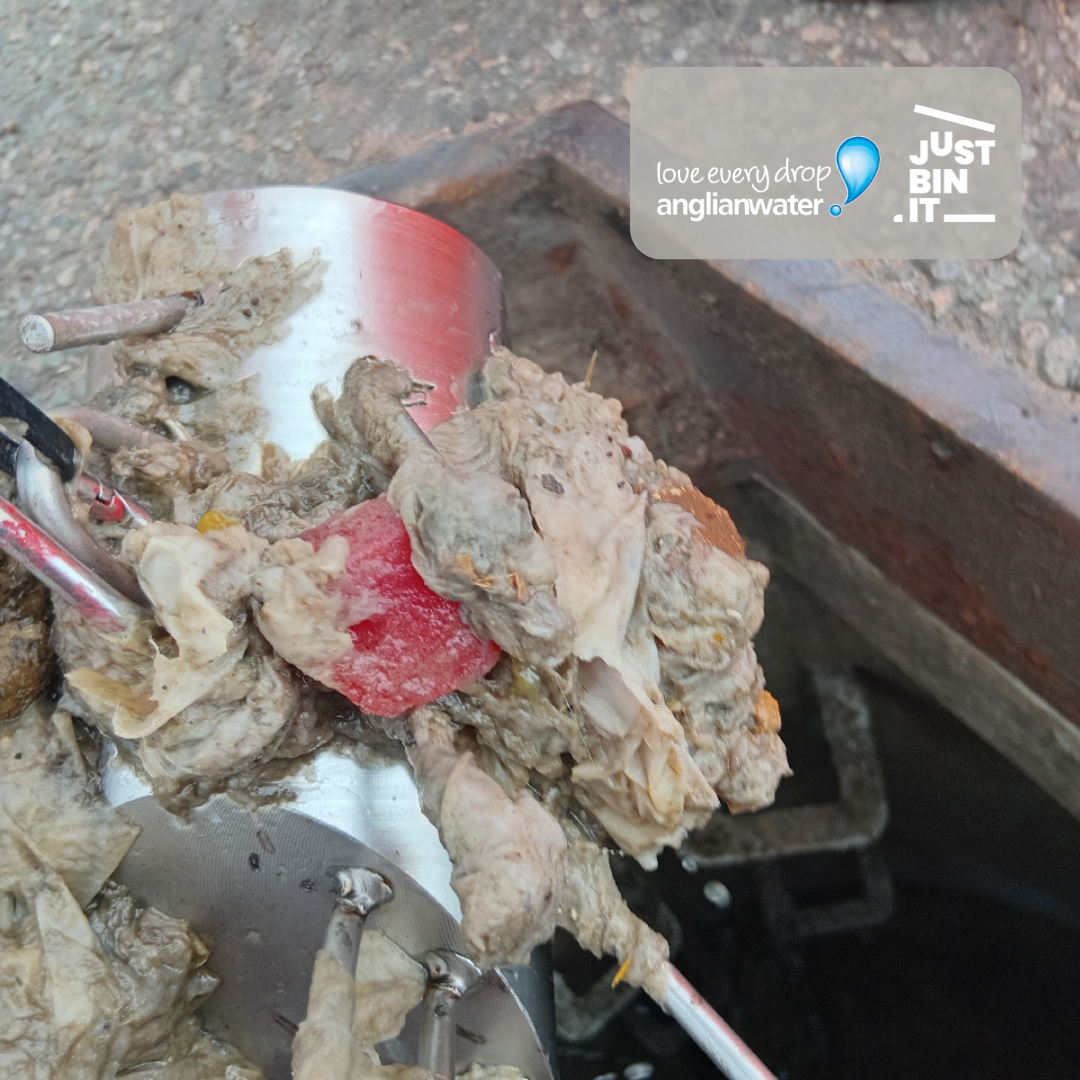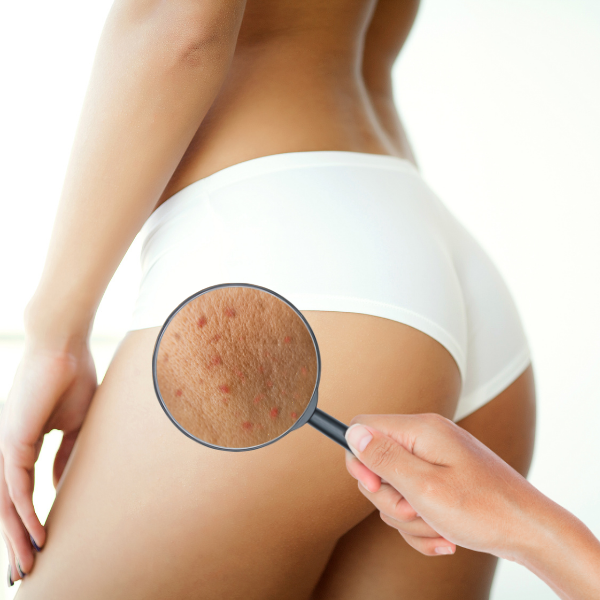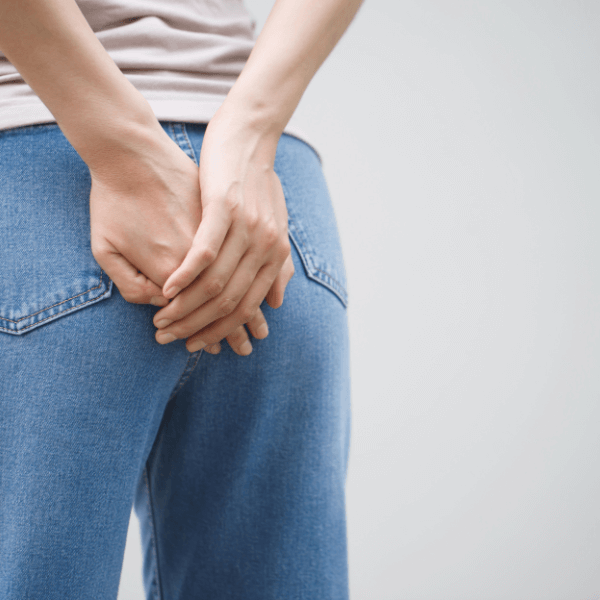World Toilet Day 2023: What is it and how can you help?

World Toilet Day 2023: What is it and how can you help?
Ah, November 19th, World Toilet Day 2023. A day to celebrate, or at least acknowledge, our often-overlooked porcelain pals. Let's face it, most of us take these ceramic thrones for granted, blithely unaware that a staggering 60% of the world’s population can't just flush and forget. Imagine, no lever to pull, no button to push—just a dream for them.
Then there's the luxury of sitting. Ah, the simple joy of perching on a seat in relative comfort. But hold that thought, because 3.6 billion people around the globe are seat-less. They face the daily drama of waste intermingling with their water, even frolicking into their food supply. Of this number, 1.9 billion are making do with the basics in sanitation, while 419 million are, quite literally, out in the open.
Now, we know discussing toilets isn't exactly cocktail party chatter, but hey, it's important. Next time you're ensconced in your private bathroom, spare a thought for those who aren't. After all, according to a recent survey of our very own Wypers, a whopping 80% of our community relish in the sanctuary of their home loos above all, and 52% claim that privacy is key to a successful... conclusion.
Here at Wype, our favourite topic is, unsurprisingly, hygiene. We often find ourselves championing the cause of shame-free defecation. But let's not forget, that while we debate the best toilet paper, untreated waste is wreaking havoc worldwide, contaminating food and water.
So! For World Toilet Day 2023, we’ll be sharing some information on how you can do your bit to help take global safe sanitation from a goal to reality. Let’s dive in!
What is the theme of World Toilet Day 2023?
This year's World Toilet Day theme is ‘Accelerating Change’. With the United Nation’s Sustainable Development Goal of supplying clean drinking water and adequate sanitation for all by 2030, time seems to be a valuable resource when it comes to reaching this goal. Let's all pitch in, shall we? Pushing the world a tad closer to this grand dream of universal toilet access. But hold your horses! First, we need a little pow-wow about the whole issue. Understanding is key before we start our crusade, right? After all, you wouldn't march into battle without knowing which way the enemy's latrine flows.
What the WASH?
The World Health Organisation really likes acronyms, we don’t know, maybe they just think we don’t already have enough to wrap our heads around these days. WASH stands for water, sanitation and hygiene, and the main goal is for all three aspects of this to be safe and sufficient for everyone, which will help prevent neglected tropical diseases around the world.
Pondering over the little things we can do for this colossal cause, it's like the tale of the hummingbird and the fire, a gem from the Quechua people of Peru. Sure, a single person, or even a gaggle of well-meaning folks, might not douse the flames of a crisis this big. But think about that hummingbird, valiantly carrying just a drop of water in its tiny beak. It's not about the size of the contribution, but the act of contributing itself.
This feathered friend symbolizes our collective effort. Each of us, in our small, seemingly insignificant way, can contribute to tackling a problem that affects nearly half the planet's residents. A drop here, a drop there, and soon, we might just have enough to quench the fire.
Why does World Toilet Day matter to us?
With 419 million people on the planet practicing open defecation, or put simply, pooping in fields, forests, bushes, bodies of water, or other open spaces, there’s an increased risk of diseases spreading easily. This causes casualties in 1,000s of children under the age of 5 every day.
Some 1,245,000 people in low- and middle-income countries die because of inadequate water, sanitation and hygiene each year, standing for 89% of total WASH-attributable deaths.
Inadequate sanitation facilities also disproportionately affect girls and women, who are unable to manage their menstrual hygiene in a private and clean space. This leads to a higher risk of contracting infections and can also increase stigma & danger for those handling their menstrual hygiene out in the open. This is why World Toilet Day is so important to us.
At Wype, we believe everyone deserves access to safety and cleanliness when it comes to toilet time activities. Now, this moves past just FEELING clean, and towards everyone having access to adequate sanitation when nature calls.
Although these stats may seem shocking, there are actions we can all take every day to make sure that the situation improves.
What can you do this World Toilet Day?
There’s plenty we can do from (near enough) the comfort of our own homes to help this World Toilet Day, and they’re all great things to add into your daily routines anyway! So, not only will you be helping the cause of safe sanitation, you’ll also be doing good for yourself! Take a look:
Save water: Cut down on the time you spend in the shower, if you sing and bust out some moves, maybe cut down by a song or two – your family/housemates might thank you for it too!
Eat local if you can: Where possible and affordable, buy local, seasonal food and look for products made with less water. Here’s an infographic to help you know what foods are in season and when in the UK!
Break down those taboos: Talk about the critical connection between toilets, water and menstruation. Share information and open the conversation to make low investment changes with friends and family.
Clean up: Take part in clean ups of local rivers, lakes, wetlands and beaches. This will help solve the problem a that’s a bit closer to home.
Build pressure: Write to your MP about budgets for improving water and sanitation at home and abroad. Change often comes from the top, and if our governments aren’t doing what needs to be done, we should be holding them accountable.
Okay, so where does Wype come in?
One tried and tested way to improve water quality is to stop polluting. This could be not putting food waste, oils, medication, chemicals, and possibly more importantly, wet wipes down the drain or the toilet.
Microplastics, chemicals and forever particles all exist in wet wipes, which are then expelled into local waterways and oceans during heavy rainfall. Not to mention, wet wipes can also take 100 years to break down, making for long-term issues for our oceans and the planet in general.
Although there is a much bigger issue in low- and middle-income countries in terms of water and sanitation safety, we shouldn’t turn a blind eye to the rivers, lakes and oceans at our doorstep. Caring for the aquatic health of our local bodies of water is just as crucial. It's all about thinking globally, but acting locally - a mantra for modern times, especially when it comes to keeping our waters pristine and our sanitation up to snuff.
If you’d like to learn more about what you can do as we approach World Toilet Day, check out their website!
Want to make an easy and effective change in your toilet time routine for World Toilet Day 2023? Why not switch to Wype? A sustainable alternative to wet wipes that won’t clog your pipes or end up in our rivers and oceans.
Get the Wype Starter Kit here!



That was a very interesting read – not what I was expecting with my Sunday morning coffee, but… thank you for the knowledge.